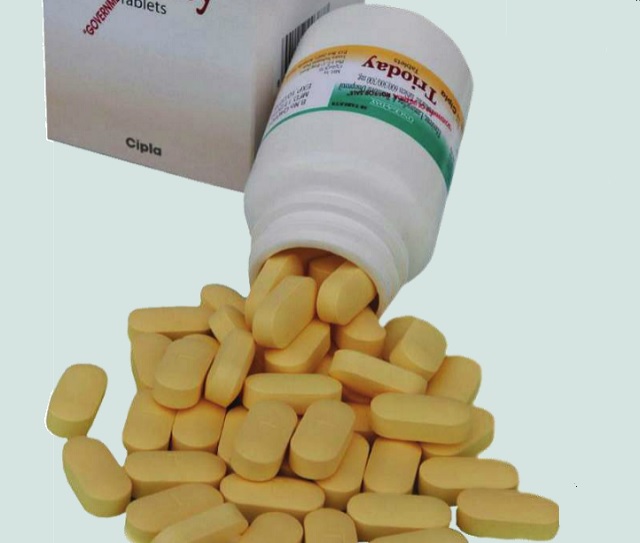
NMS, Cipla: Fight over pricing could lead to higher costs for patients and the government
“NO ARVs means death.” That shocking but true fact was stated by Joshua Wamboga, the head of the Uganda Network of AIDS Service Organisations (UNASO) in January when Uganda was reeling from a major stock-out of HIV drugs that lower the viral load and prolong life.
If you have a virus that kills you and you don’t get treatment, you die,” Wamboga explained. He added that when an HIV-infected person stops taking prescribed Anti-Retroviral Therapy (ARTs), their body could develop resistance to cheaper drugs and require more expensive ones. They could also easily catch `opportunistic infections’ and die.
But does the supplier of the drugs, National Medical Stores (NMS) or the producer of some of the drugs; Cipla Quality Chemicals Industries in Kampala care?
This question has been discussed widely ever since it emerged that NMS and CIPLA are fighting over the pricing of HIV drugs and that the fight has put at risk the lives of an estimated 240,000 people who should be getting ARTs free from the government. Up to 820,000 people are in need of ARTs but only about 30% of those are on the free government scheme.
A few more pay for their own therapy in private clinics and are unaffected by the current stock-outs caused by the pricing wrangle.
As a result of the wrangle, NMS has been getting lower than anticipated quantities of drugs from Cipla Quality Chemical Industries Limited, a local pharmaceutical company supplying HIV drugs. NMS accuses Cipla of offering them drugs at a price higher than the prevailing global market price. Cipla does not deny selling drugs to NMS at a price higher than it charges on the export market and blames the Uganda government for it.
In a letter to the Permanent Secretary in the Ministry of Health, Cipla’s Executive Director Nevin Bradford, explains that it sells same drugs at a cheaper price to outside markets than Uganda because it has to find ways of using the existing excess capacity of the factory caused by the government’s failure to buy all drugs as agreed in their MOU.
Bradford says the government irrevocably undertook itself and other related agencies to procure all anti-malarial and anti-retroviral medicines produced by Cipla and required for public use in the country from the manufacturer provided it conforms to acceptable standards. But they have been unable to honour the pledge. Bradford says this led “to inconsistencies which meant the company had to look for other avenues to survive and meet its running costs”.
Patients suffer
As NMS and Cipla bicker, there are people like Bayyah Nakasi whose lives are in put in danger. 44-year old Nakasi who lives in Namere on the edges of Kampala city has been taking ARTs since 2008.
She says she and her 14-year old daughter started going to hospital and returning empty-handed last year. She says the situation got worse in December and she recalls going two weeks without medication because her clinic suffered a stock out. In January, the Global Fund had to ship in emergency drugs to block the gap.
Recently when her daughter who attends boarding school was returning for third term, she had to pack fewer drugs than she needed. “
The doctor said he gave me few such that other patients can also get,” Nakassi says.
Many people living with HIV are going through the same situation as Nakasi. They are on and off the drug yet doctors warn that such a pattern of treatment puts patients at risk of suffering a bigger problem of resistance as the virus continues to be exposed to sub-optimal doses of the drug.
At the national level, the government which is having a tough time providing drugs to the estimated 1.5 million people living with HIV could soon be stringing down an even bigger bill.
 The Independent Uganda: You get the Truth we Pay the Price
The Independent Uganda: You get the Truth we Pay the Price


